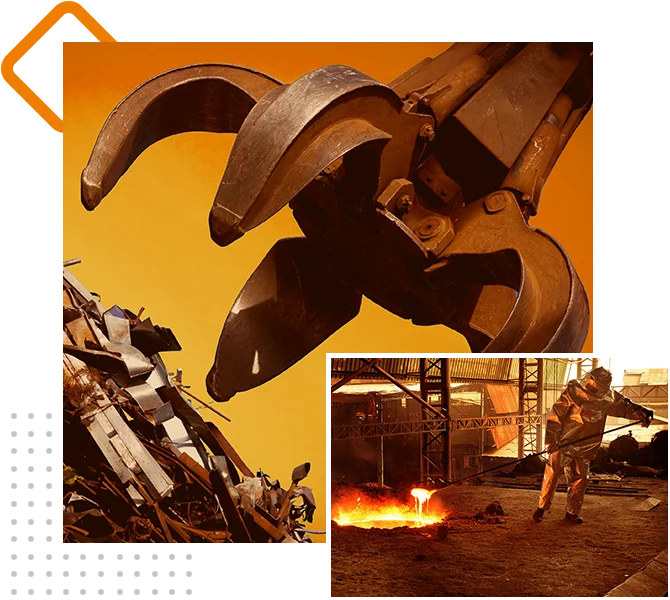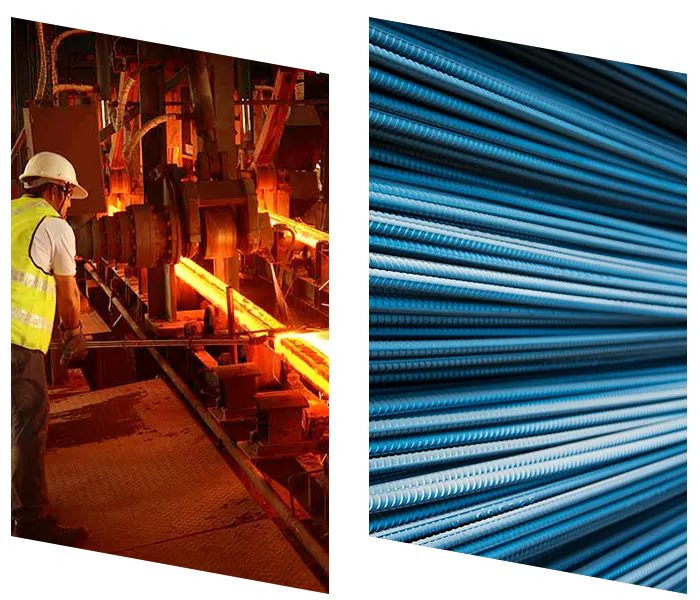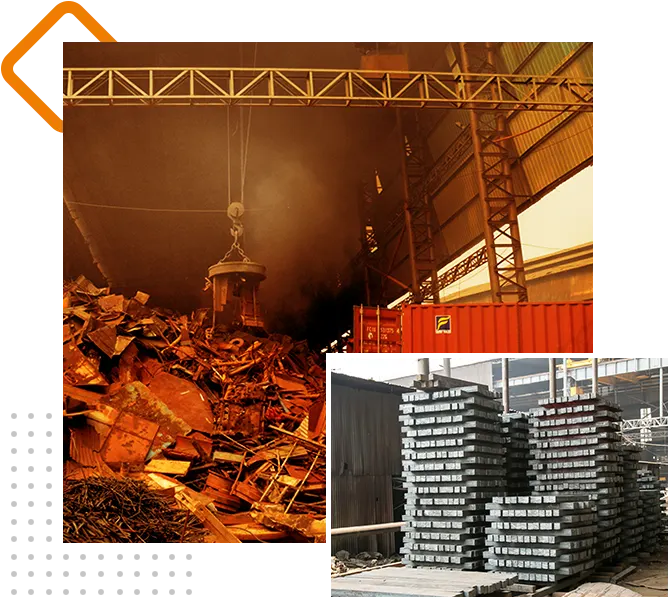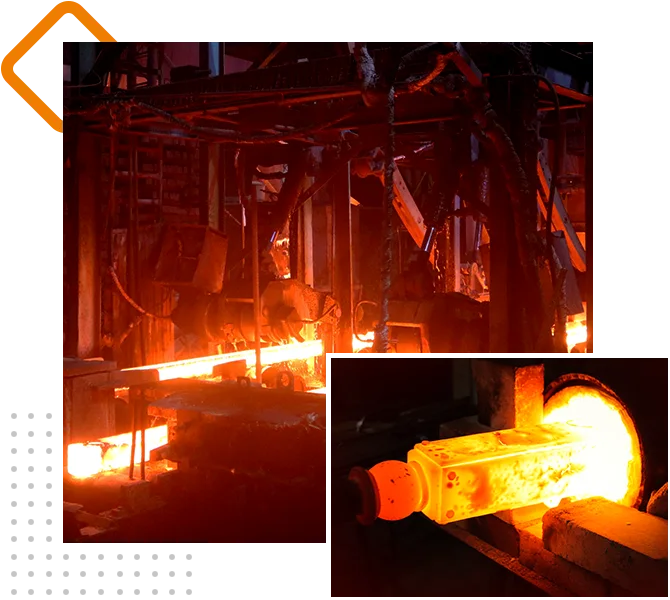Exploring the History of Steel Production in Bangladesh
Steel is said to be the standard of development of a country. All major industrial revolutions in the world are based on the discovery of steel and its use in all fields. Bangladesh is still catching up in the continuation of this global development. Development of the steel industry in Bangladesh has started since 1952. Then gradually this industry has become a large industrial enterprise.

Overview of Steel Production in Bangladesh
As the backbone of development, steel has also taken Bangladesh to a new dimension. The journey that heralded the potential of this industry began in the 60s. Shipwreck being the main raw material for the steel industry, the industry originated in the port city of Chittagong. As the requirements of this industry grew rapidly, the number of steel factories also grew rapidly. At present more than 400+ steel industries have been established in this country.
As a result of the rapid development of this industry, the per capita consumption of steel in Bangladesh stands at 45 kg. The demand for this industry grew the most in the 1990s. At present, the total investment of entrepreneurs in this sector is about 50 thousand crore and the average annual production has increased from 60 lakh tonnes to 90 lakh tonnes. It is likely to cross 1 crore very soon.

Raw materials for Steel Production in Bangladesh
In steel production, several types of raw materials have been used, like iron, and billet are the most using raw materials. In Bangladesh's steel industry, 80% of the raw materials are imported. And the remaining 20 percent comes from different parts of the country. The main raw materials used in Bangladesh are-
- Shipwrecked iron
- Scrap, sponge and pig iron

Steel Production Process in Bangladesh
In steel production, Bangladesh is making modern quality steel in line with the world. Some key Steel Production processes in Bangladesh are given here-
- Raw materials selection
- Iron making
- Steelmaking
- Casting
- Rolling
- Finishing processes
- Quality control

Overall impacts of Steel Production in Bangladesh
The implementation of various government mega projects, the development of economic zones within the country, and the construction of buildings in villages have had a major impact on the steel industry. Which is showing a new face of hope to the steel industry. Major impacts are briefly discussed below:
Economic impact
Steel production contributes to job creation in various stages of the production process, from mining to manufacturing and distribution.
Infrastructure development
The availability of locally produced steel supports infrastructure development, including the construction of buildings, bridges, and other key structures.
Industrial growth
The steel industry's growth can stimulate the development of downstream industries, such as the manufacturing of steel products and machinery.
Export opportunities
If the steel produced meets international quality standards, it can be exported, contributing to foreign exchange earnings.
Social impact
Steel production centers often become focal points for community development, providing social infrastructure and amenities.
Environmental impact
Steel production consumes significant amounts of raw materials, including iron ore and coal. Ensuring sustainable sourcing practices is essential to minimize the environmental impact.
Global market dynamics
Bangladesh's steel industry is influenced by global market trends, including fluctuations in steel prices, demand, and international trade policies.
Development of steel industries: past and present
Bangladesh's journey in the steel industry is not very old, this journey started in 1952. Initially, the industry progressed slowly due to low demand for raw materials. Mainly in the 90s, the steel demand started to increase. As the supply of raw materials increased and new industries and projects were implemented, the steel industry was able to revolutionize rapidly.
In the present time, more than 400+ steel industries have been established in Bangladesh, which are producing steel of international standards. Per capita consumption of steel is also increasing day by day.

Final speech
The steel industry in Bangladesh is a promising name. Keeping pace with the demand and modern technology, this industry is now leading the entire country. In this short period, numerous steel industries have been developed in the country, among which a unique and best steel-producing mill is Chakda Steel & Re-Rolling Mill (CSRM). ‘Committed for better steel’ Those who are moving forward to build a new Bangladesh with the conviction of this slogan. Be associated with the conviction of building modern, sustainable buildings and infrastructure with Chakda Steel & Re-Rolling Mills (Pvt.) Ltd.
More About Us